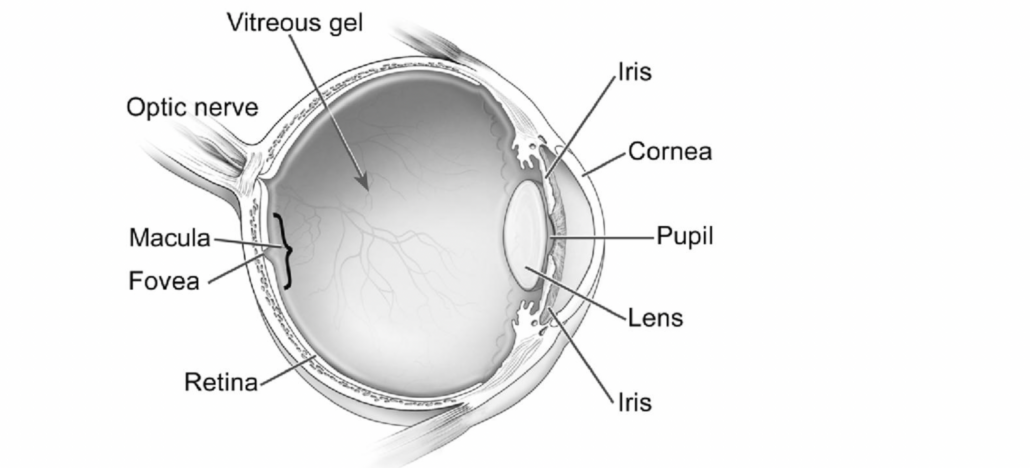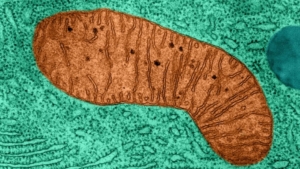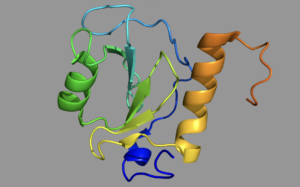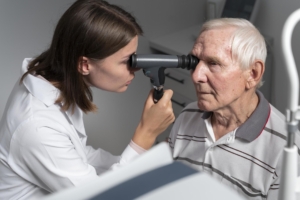
Seabelife SAS to develop next-gen dry AMD drug
French drug maker Seabelife SAS will use a €1.5m price money to develop a new dual-acting necroptosis blocker to reduce cell death in geographic atrophy.
French drug developer SeaBeLife SAS has bagged a €1.5m fund within the i-Nov 2024 innovation competition, which is part of the French government’s France 2030 investment plan. Under the
SeaBeEYE project, the drugmaker will use the fresh proceeds to advance a topical formulation of a small molecule drug to treatgeographic atrophy, the progressive, irreversible, advanced form of dry AMD.
SeaBeLife’s approach centers around SBL03, a derivative of a naturally occurring flavanone, isolated from Populus nigra buds. In vitro, SBL03 has been shown to directly and simultaneously block two forms of regulated necrosis that lead to photoreceptor cell death and vision loss: cellular necroptosis and ferroptosis. Additionally, SBL03 also blocked oxytosis. After successful preclinical in vivo proof-of-principle, the SeaBeEYE project focuses on the preclinical and regulatory development of a topical formulation (gel) of the drug candidate as an alternative to sustained-release intravitreal injections. The company aims to have a treatment option ready for clinical trials in humans by Q1/2026.
Current FDA-approved drugs for dry AMD such as pegcetacoplan and avacincaptad pegol block complement activation, which trigger the inflamamation in the eye that leads to degeneration. When a cell is ready to die, there are several modes in which it can do so. Necroptosis, a form of regulated necrosis, results in inflammation, which damages surrounding tissue. SeaBeLife’s dual-acting inhibitor SBL03 has the unique propert to fight both, necroptosis and ferroptosis and the the complex crosstalk between these pathways.
Founded in 2019 and based in Roscoff in Brittany, France, SeaBeLife is led by CEO and co-founder Morgane Rousselot, who holds a PhD in biochemistry from Sorbonne University/the French National Center for Scientific Research (CNRS)/Roscoff Marine Station. The company’s activities are based on the research work of Stéphane Bach, PhD, CNRS research engineer and scientific lead at the Roscoff screening platform, Marie-Thérèse Dimanche-Boitrel, research director at IRSET, and Claire Delehouzé, PhD, a biotechnology engineer, co-founder and CTO at SeaBeLife.
SeaBeLife currently employs eight people and since its creation has raised €5.5M in private equity and grants. The company benefits from the support of numerous partners, including SATT Ouest Valorisation, Biotech Santé Bretagne, Bpifrance and the regional council of Brittany.


 MitoRx Therapeutics Ltd
MitoRx Therapeutics Ltd pleiotrope - wikipedia.org
pleiotrope - wikipedia.org